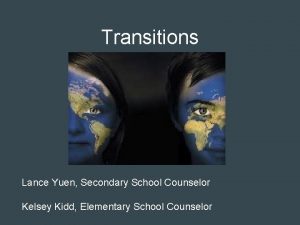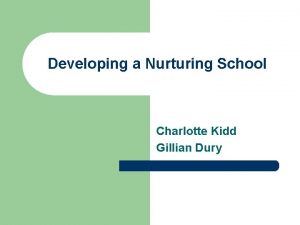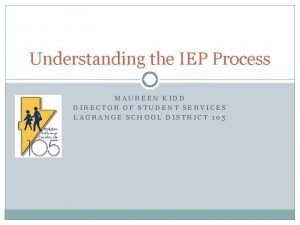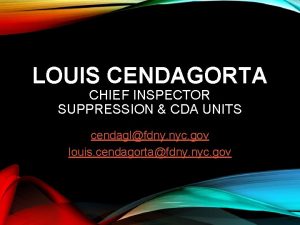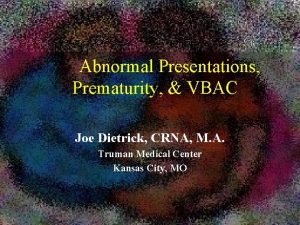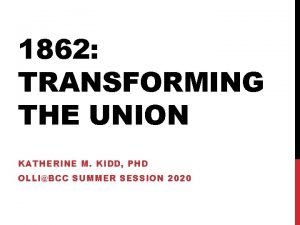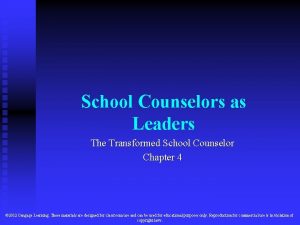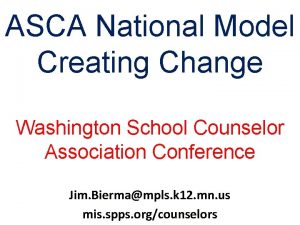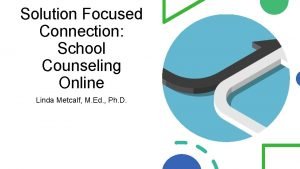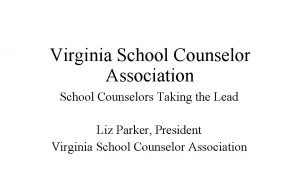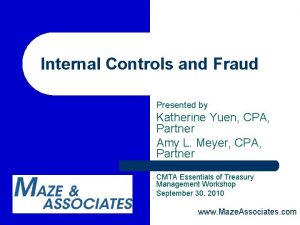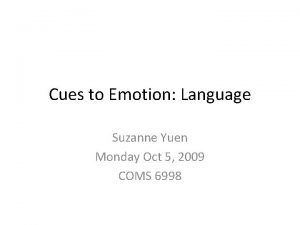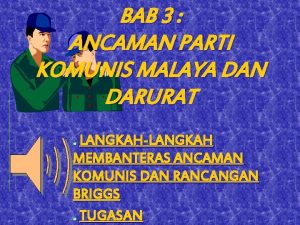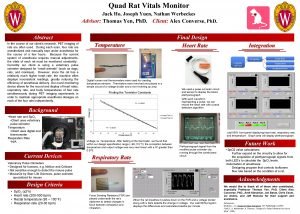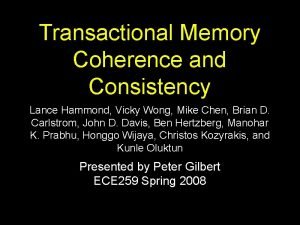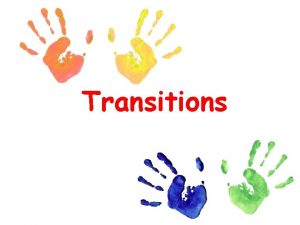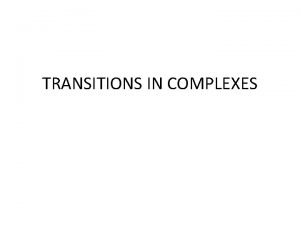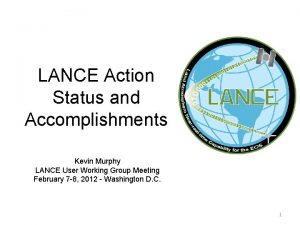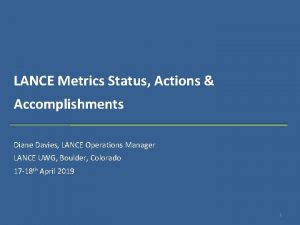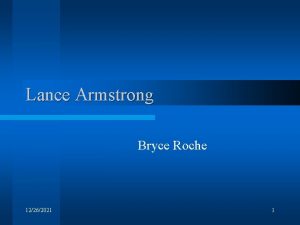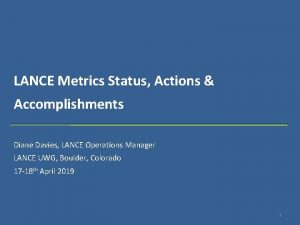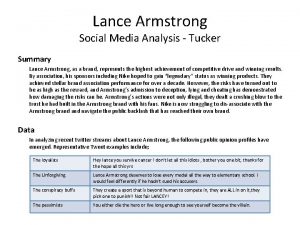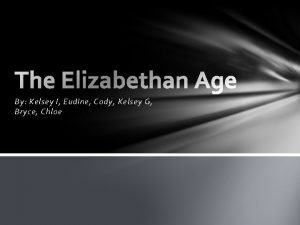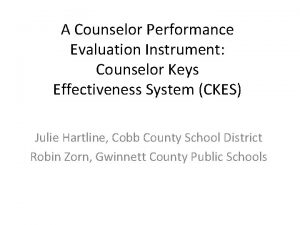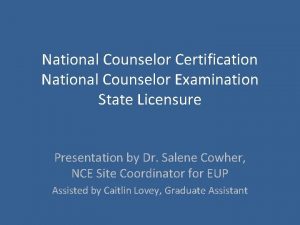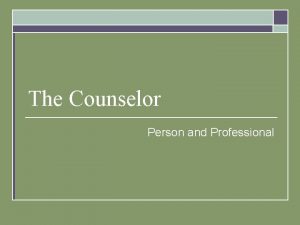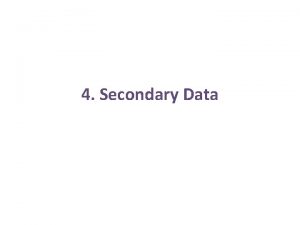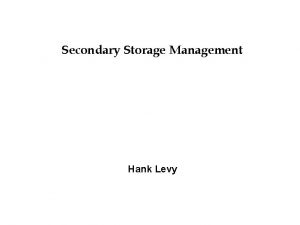Transitions Lance Yuen Secondary School Counselor Kelsey Kidd




























- Slides: 28

Transitions Lance Yuen, Secondary School Counselor Kelsey Kidd, Elementary School Counselor

Stages of Transition • • Elation (Honeymoon) Resistance (Negotiation) Transformation (Adjustment) Integration (Mastery)

Transition Cycle Integration Elation Transformation Resistance

Elation (Honeymoon) • • • Excited Curious Stimulated Intrigued Home is still close and familiar

Resistance (Negotiation) • • • Frustration and anger Confused Isolated Lack of support systems Idealize the home you left (homesickness) • Why? ? ?

Culture Shock Integration Elation Transformation Culture Shock Resistance

Transformation (Adjustment) • • • Accept differences Coping Less isolated More confident Appreciative

Integration (Mastery) • • Confident Comfortable Understand Autonomy

What is a Cross Culture Kid?

Identity

Identity “represents the process by which the person seeks to integrate his/her various statuses and roles, as well as his diverse experiences, into a coherent image of self”. (Epstein, 1978)

What is a Cross Culture Kid? "A Cross-Cultural Kid (CCK) is a person who has lived in—or meaningfully interacted with—two or more cultural environments for a significant period of time during developmental years. ” - CCK definitions and subgroups by Ruth Van Reken, co-author Third Culture Kids: The Experience of Growing Up Among Worlds

Who Are CCKs? • Traditional CCKs – ‘Third Culture Kid’ Children who move into another culture with parents due to a parent’s career choice.

Who Are CCKs? • Bi/multi-cultural/ and/or bi/multiracial children - Children born to parents from at least two cultures or races.

Who Are CCKs? • Children of minorities - Children whose parents are from a racial or ethnic group which is not part of the majority race or ethnicity of the country in which they live.

Who Are CCKs? • Children of immigrants - Children whose parents have made a permanent move to a new country where they were not originally citizens

Who Are CCKs? • “Domestic” CCKs - Children who move in or among various subcultures within their home country.

Four basic cultural types • Foreigner - look different, think different • Hidden Immigrant - look alike, think different • Adopted - look different, think alike • Mirror - look alike, think alike

Challenges • Lack of a ‘home base’ means it’s hard for CCK’s to have an identity of where they are from or what nationality they truly are, which can create a feeling of emptiness • The emotional upset of having to say goodbye to people and places on a regular basis • Confused loyalties—sense of confusion about complex things such as politics, patriotism, and values

Challenges • The anger felt toward parents for ‘plucking’ them away from their ‘home’ • The guilt felt that is associated with being angry at parents • Culture shock • Finding it difficult to make new connections and friends—”what’s the point if we’re going to move on again soon anyway”—separation anxiety, loneliness and isolation

Challenges • Family disharmony • Unresolved grief/anger—saying goodbye hurts • May not deal well with conflicts. It has always been easier to ‘outwait’ them, knowing another move is coming soon • Seen as unpatriotic if a CCK tries to present another culture’s potential viewpoint • The rootless and restless syndrome. “I don’t belong anywhere. ”

Benefits • Greater understanding of other cultures builds sensitivity and awareness (flexibility, tolerance, respect) • Reflective thinkers—knowing that there are many ways to approach a given situation and that their way may not be the best way • Stronger practical skills—observational skills, listening skills, cross-cultural skills, social skills, linguistic skills

Benefits • Quick, adaptable thinkers who are used to thinking outside of the box • Globally minded and have a keen understanding for what is happening in the world around them • Develop sensitivity and empathy at an earlier age and at a deeper level • Mature (in some areas) more quickly—early autonomy, relationship to adults, broad base of knowledge

Benefits • International schools offer enhanced and enriched academic programs and have good links with many universities around the world • Increased opportunities to travel and experience new cultures first hand—authentic learning experiences • Drawn to careers associated with service to the community or the world

Things We Have In Common • CCK’s tend to have more in common with one another, regardless of nationality, than they do with non-CCKs from their own country. • CCK’s link, bond and look to their peers for norms and acceptance much more readily than they will do with adults. • CCK’s generally are much more successful in higher education and in attaining high level jobs.

What Can We Do? 2 Principles #1 Trust yourself as a parent. You are the best parent for you child. #2 Our children are always smarter than we think.

Tips • Validate your child’s feelings and be prepared for strong emotional reactions • Develop continuity • Understand where all members are in the transition cycle • Keep communication open • Support yourself

 Lance yuen
Lance yuen Tswyllss
Tswyllss Lewis duffy kell
Lewis duffy kell Charlotte kidd
Charlotte kidd Maureen kidd
Maureen kidd Kylan kidd
Kylan kidd Fdny fire extinguisher tags
Fdny fire extinguisher tags Adam kidd crna
Adam kidd crna Chris kidd usda
Chris kidd usda School counselor and principal relationship
School counselor and principal relationship School counselors as leaders
School counselors as leaders School counselor evaluation rubric
School counselor evaluation rubric Washington school counselor association
Washington school counselor association School counselor roles
School counselor roles School counselor roles
School counselor roles Virginia school counselors association
Virginia school counselors association School counselor corps grant
School counselor corps grant Missouri comprehensive guidance and counseling program
Missouri comprehensive guidance and counseling program Tyler yuen
Tyler yuen Bernd yuen
Bernd yuen Memudaratkan
Memudaratkan Merriam-webster
Merriam-webster Suzanne yuen
Suzanne yuen Persamaan operasi hammer dan rancangan briggs
Persamaan operasi hammer dan rancangan briggs Joseph yuen
Joseph yuen Yuen ying carpenter
Yuen ying carpenter Philip yuen
Philip yuen Yuen soon
Yuen soon Lance hammond
Lance hammond
